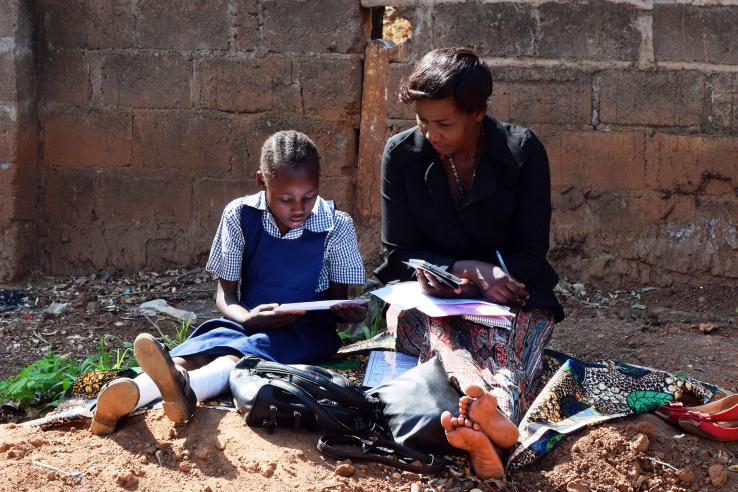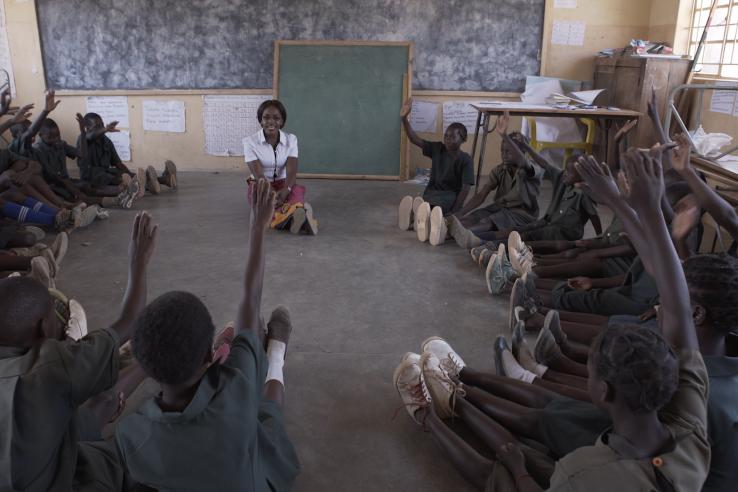Displaying 1426 - 1440 of 7732
Update
J-PAL updates
Catch up on evidence from the J-PAL network with a new literature review on education technology and a new policy publication on biometric smartcards.
Update
J-PAL updates
The UK Department for International Development (DFID) announced today that Rachel Glennerster, Executive Director of the Abdul Latif Jameel Poverty Action Lab (J-PAL), has been appointed Chief Economist of DFID.
Update
J-PAL updates
Update
J-PAL updates
J-PAL welcomes five new affiliates, Executive Director Rachel Glennerster announces her appointment as Chief Economist at DFID, and more in the latest newsletter.
Update
J-PAL updates
This month's newsletter announces the blended master's degree combining online learning with a semester at MIT, shares a blog series on increasing girls' school participation, and more.
Page
Landing page
Update
J-PAL updates
USAID's Development Innovation Ventures (DIV) program announced funding for J-PAL Africa, Pratham, and UNICEF/Zambia to work with the Zambian Ministry of General Education in a nationwide rollout of the Teaching at the Right Level (TaRL) Program.
Update
J-PAL updates
Release: Abdul Latif Jameel Poverty Action Lab at MIT teams up with Egyptian organizations for Cairo event
Update
J-PAL updates
USAID’s Development for Innovation Ventures (DIV) has announced Zambia’s Teaching at the Right Level (TARL) Programme as one of its 18 new investments. Among other partners, J-PAL, Pratham, Innovations for Poverty Action, and and UNICEF/Zambia will support the work hand in hand with the Zambian...
Evaluation
Researchers evaluated whether Boston’s SYEP had an effect on the criminal justice outcomes of participants and sought to gauge the potential mechanisms driving these effects. The program reduced participants’ violent and property crime-related arraignments.
Person
Person
Achill joined J-PAL in August 2011 and is currently based in Patna, Bihar. He is working on a project to evaluate the health impact of supplying iron-fortified salt to markets in rural Bihar.
Blog
Female labor force participation in MENA is the lowest globally. Evidence from recent randomized evaluations conducted in MENA help shed light on some reasons why participation rates are so low and what types of policies could help increase them.
Blog
Limited information during a firm's hiring decision or a workseeker's search can lead to "information frictions" that may contribute to the high global youth unemployment rate. In a recently published paper, J-PAL affiliated researchers showed how assessing youth workseeker skills in South Africa...
Blog
Corruption and ineffective program implementation often result in leakages, which are particularly concerning when it comes to social welfare programs, including cash transfers. But with rapid technological innovation and increasing connectivity, does digitization have the potential to help reduce...








